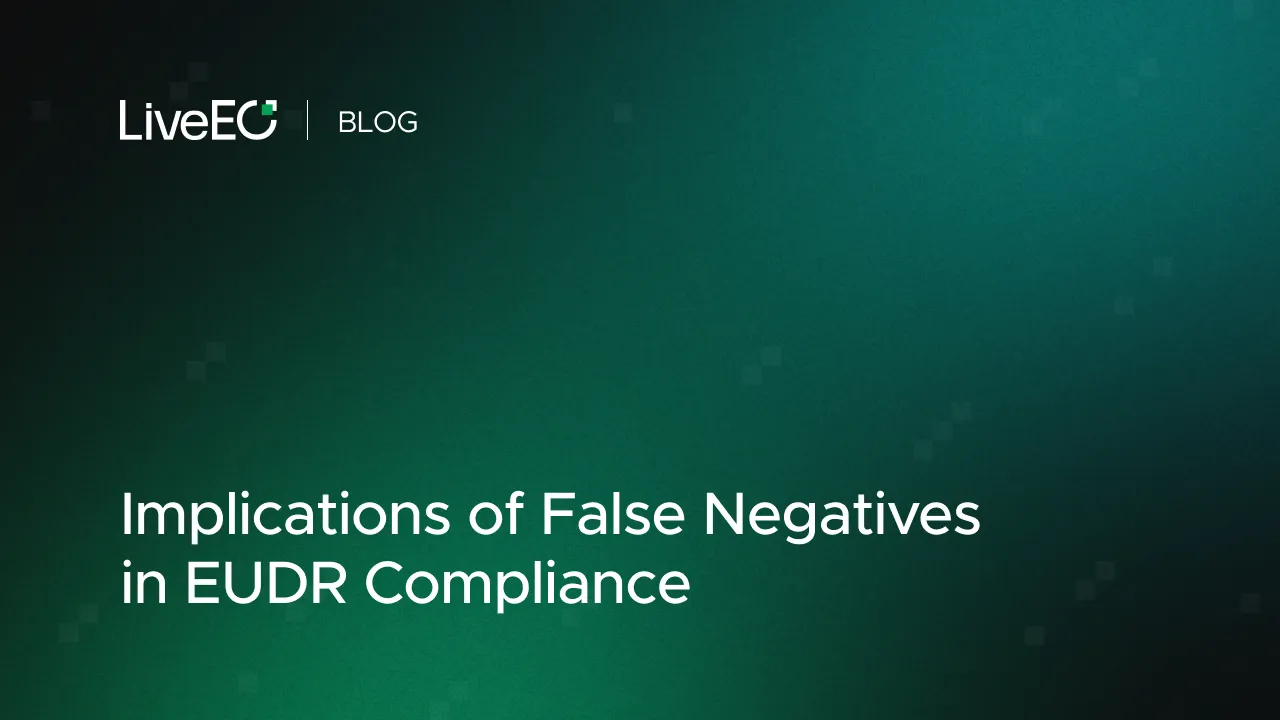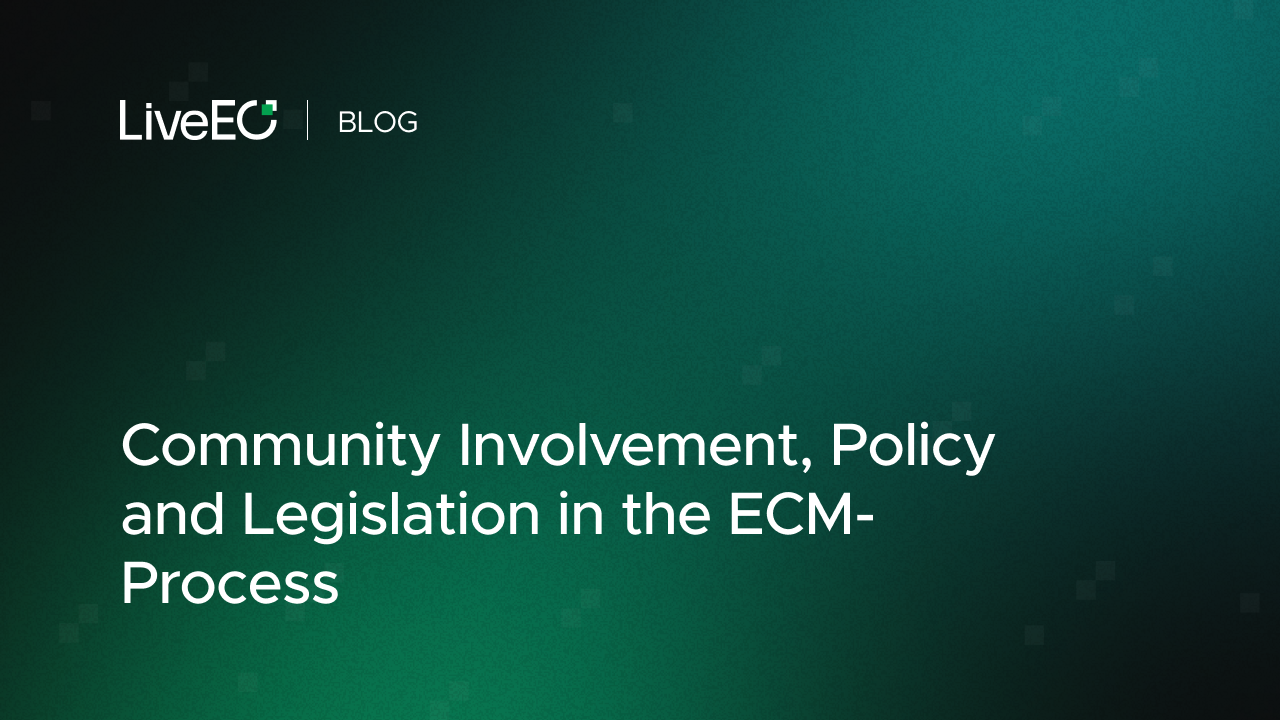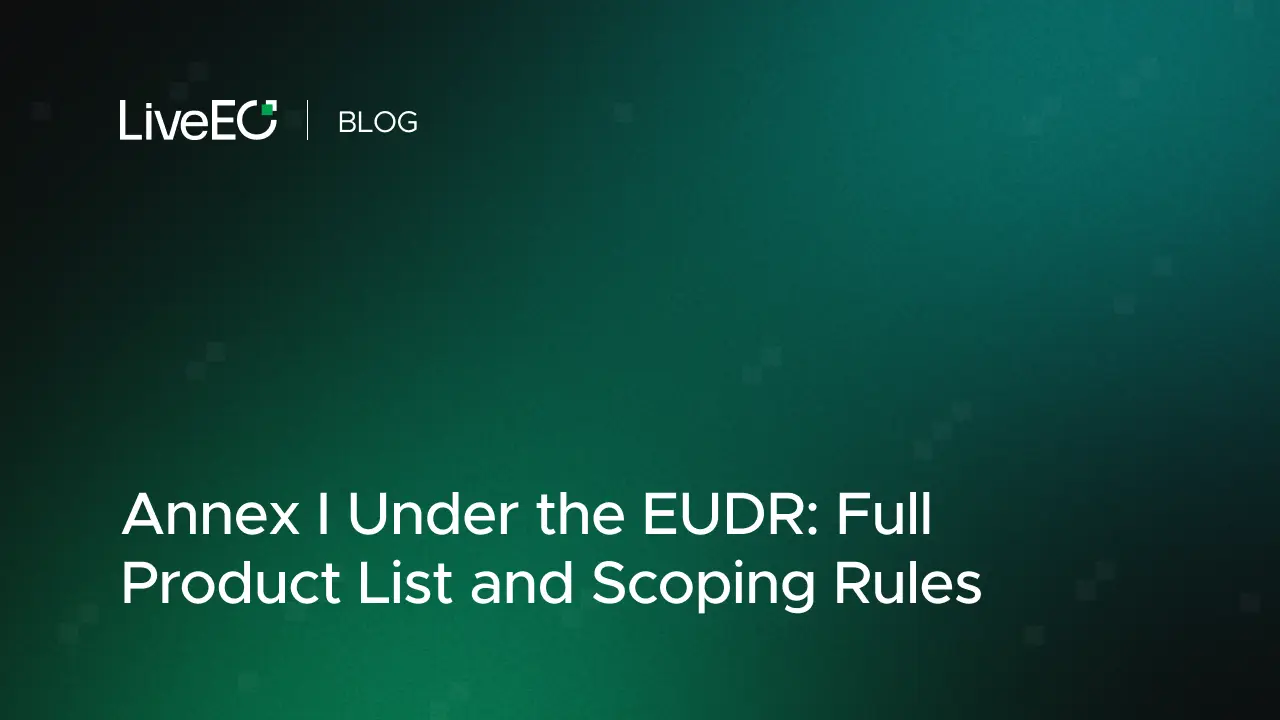The European Union's Deforestation Regulation (EUDR) marks a pivotal shift in environmental compliance, mandating businesses to ensure that commodities like coffee and cocoa are not sourced from deforested lands. Crucial in this regulation is the need for accurate deforestation detection.
However, a significant challenge lies in avoiding 'false negatives' – instances where actual deforestation goes undetected. This article explores the business risks associated with false negatives and the importance of precise detection under the EUDR.
Understanding False Negatives
False negatives in deforestation detection occur when areas undergoing deforestation are incorrectly identified as compliant. This misidentification can have dire consequences, leading to non-compliance with the EUDR. Understanding the nature of false negatives is crucial, as they undermine the regulation’s intent to preserve forests and maintain ecological balance.
Business Risks of False Negatives
False negatives pose serious risks for businesses striving for EUDR compliance:
- Legal Risks: Undetected deforestation leads to non-compliance, risking legal penalties.
- Financial Implications: Failure to detect deforestation can result in fines and loss of market access.
- Reputational Damage: Being unknowingly associated with deforestation can tarnish a company's image, leading to lost consumer trust and potential boycotts.
- Operational Disruptions: Inaccurate compliance checks may necessitate suddenand costly supply chain adjustments.
Challenges in Detecting Deforestation
Detecting deforestation accurately is hindered by several factors. These include limitations in open-source data, which may not provide the resolution or frequency needed for precise monitoring, leading to false negatives. In areas with limited internet access or weak law enforcement, capturing accurate data becomes even more challenging.
Advanced Solutions for Accurate Detection
To mitigate the risk of false negatives, businesses must turn to advanced solutions offering high-resolution, real-time data. These tools provide nuanced insights into deforestation activities, ensuring compliance with EUDR mandates.
{{inline}}
Pitfalls of Open Source Deforestation Data
The dependency on open-source deforestation data for compliance can be problematic. Such data often lacks the necessary resolution and update frequency, leading to inaccuracies in deforestation detection. This limitation becomes evident when businesses are held accountable for EUDR compliance, where precision is paramount.
We write about open source data and their pitfalls in Achieving EUDR Compliance: A Guide to Deforestation Data Sources.
Integrating Precision with TradeAware
As the EUDR deadline approaches, businesses must prioritize accurate deforestation analysis to ensure compliance and uphold sustainable practices. Integrating advanced tools like LiveEO's TradeAware can be transformative. We developed our proprietary high-accuracy and commodity-aware satellite analytics specifically to assess compliance with the EUDR. TradeAware provides businesses with the precise data needed for EUDR due diligence, reducing the risk of false negatives and safeguarding supply chain integrity.








